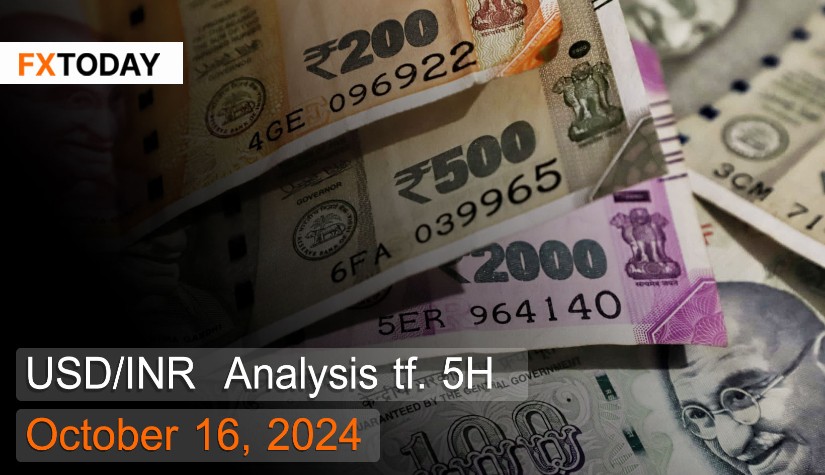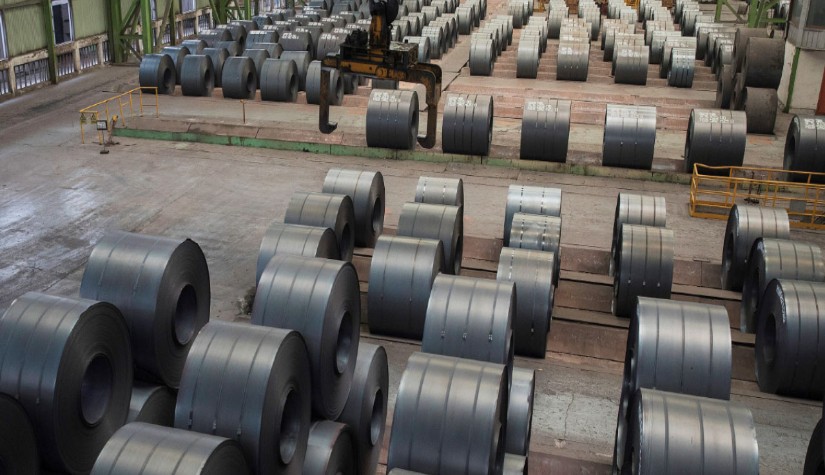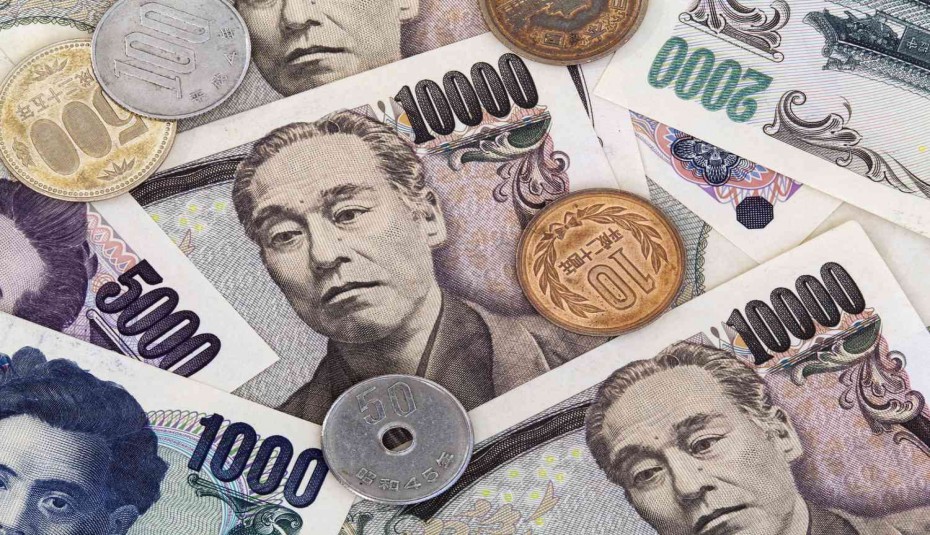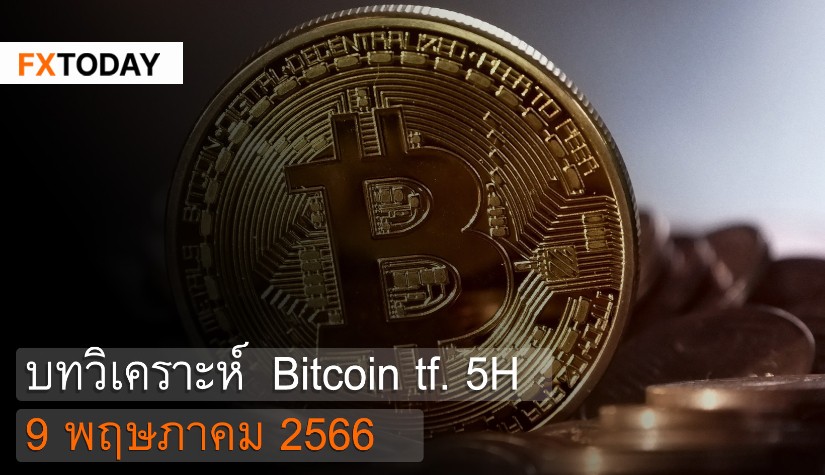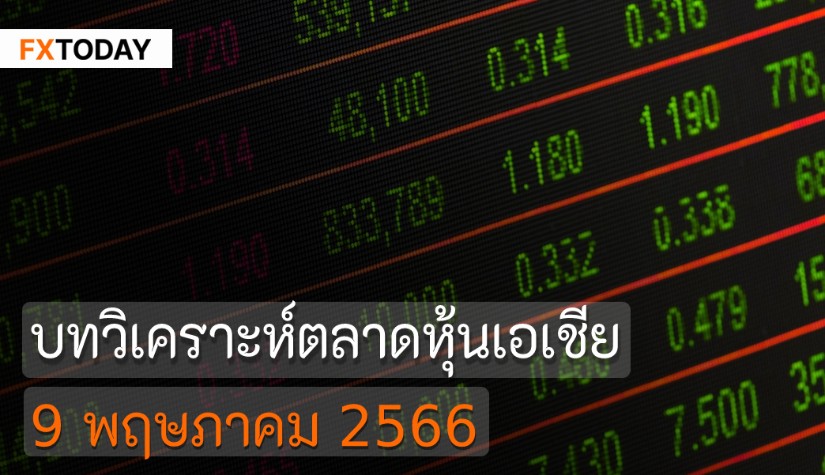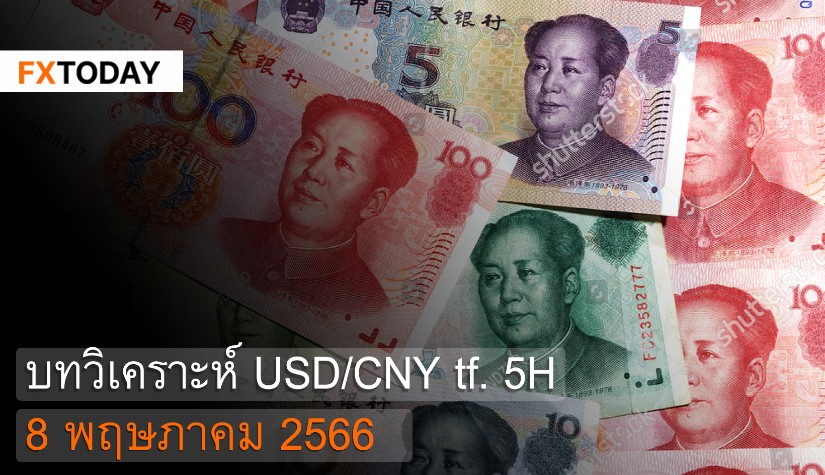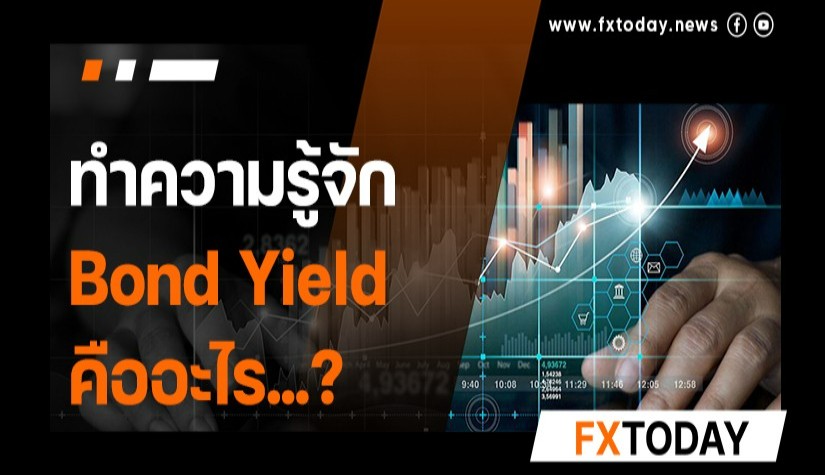India's Inflation rises again.
The Indian rupee continues to weaken amid pressure from foreign capital outflows. At the same time, inflation has surged rapidly, exceeding the Reserve Bank of India's (RBI) 4% target. This raises concerns among investors about whether the central bank can adopt a more accommodative monetary policy this year. The ongoing outflow of foreign currency remains a key factor behind the rupee’s depreciation.
Meanwhile, the robust U.S. economy and stable inflation may cause the U.S. Federal Reserve to delay easing its monetary policy, potentially further strengthening the U.S. dollar. Additionally, some investors are shifting their focus to China, anticipating higher returns following significant economic stimulus efforts by the Chinese government.
In September, India’s inflation soared to 5.49% from 3.65% in the previous month, surpassing market expectations of 5%. This marks the highest inflation rate since the beginning of the year, far above the central bank’s 4% target. As a result, investor expectations for an imminent rate cut by the central bank have diminished. The spike in inflation was largely driven by a sharp increase in food prices, which surged by 9.24%—accounting for nearly half of the total inflation. Notably, vegetable prices jumped by 35.99% due to poor crop yields and unpredictable weather conditions, although energy prices remained relatively stable.
The Reserve Bank of India (RBI) has kept its policy rate steady at 6.5% for the 10th consecutive time. Investors had previously expected a rate cut if signs of an economic slowdown emerged domestically. Despite inflationary pressures, the RBI still projects economic growth of 7.2% for 2024 and 2025, with inflation expectations maintained at 4.5%.
India’s trade deficit in September narrowed to $20.8 billion, the lowest since April, as imports grew by just 1.6% year-over-year to $55.4 billion. The modest increase in imports is attributed to lower wholesale prices of energy, India’s primary import. Meanwhile, exports rose slightly by 0.5%, reaching $34.6 billion compared to the same period last year.
Techical analysis data (5H)
Resistance: 84.071, 84.112, 84.154
Source: Investing.com
Buy/Long 1: If the price touches support in the price range of 83.948 - 83.989 but cannot break the support at 83.989, you may set a TP at approximately 84.112 and SL at around 83.39 or according to your acceptable risk.
Buy/Long 2: If the price breaks the resistance in the price range of 84.071 - 84.112, you may set a TP at approximately 84.154 and SL at around 83.9 25or according to your acceptable risk.
Sell/Short 1: If the price touches resistance in the price range of 84.071 - 84.112 but cannot break the resistance at 84.071, you may set a TP at approximately 83.948 and SL at around 84.154 or according to your acceptable risk.
Sell/Short 2: If the price breaks the support in the price range of 83.948 - 83.989, you may set a TP at approximately 83.39 and SL at around 84.112 or according to your acceptable risk.
Pivot point October 16, 2024 09:10 PM. GMT+7
|
Name
|
S3
|
S2
|
S1
|
Pivot Points
|
R1
|
R2
|
R3
|
| Classic | 83.907 | 83.948 | 83.989 | 84.03 | 84.071 | 84.112 | 84.154 |
| Fibonacci | 83.948 | 83.979 | 83.999 | 84.03 | 84.061 | 84.081 | 84.112 |
| Camarilla | 84.007 | 84.015 | 84.022 | 84.03 | 84.037 | 84.045 | 84.052 |
| Woodie's | 83.907 | 83.948 | 83.989 | 84.03 | 84.071 | 84.112 | 84.154 |
| DeMark's | - | - | 83.968 | 84.019 | 84.05 | - | - |

